|
“Election Day” is upon us once again. Most of the country’s voters will head to the ballot box on Tuesday, November 7th. Why is this day chosen for that of “election day” you may ask? Well, it goes back to following a federal statute dictating general elections of federal public officials—that elections for various federal, state, county and municipal public offices will take place on "the Tuesday next after the first Monday in the month of November" or "the first Tuesday after November 1st.” In 1792, US federal law allowed states to conduct presidential elections in which to choose their presidential electors. This could occur at any time in a 34-day period before the first Wednesday of December, the day set for the meeting of the Electoral College in respective states. An election date in November was advantageous because the harvest would have been completed, and winter weather would not be as harsh as subsequent months. This worked for 52 years up until 1845, when the US Congress picked a uniform date for choosing presidential electors. The country was still largely an agrarian society, and Tuesday was chosen because farmers often needed a full day to travel by horse-drawn vehicles to county seats to vote. Tuesday was established as “election day” because it did not interfere with Sundays (Sabbath days) or Wednesdays (traditional market days in many towns). On the federal level, we’ve had some memorable US presidential elections over the last two decades. One such was the “dangling chad” victory by George W. Bush over Al Gore in 2000. Eight years later, Barrack Obama, the country’s first black president was elected in 2008. Another eight years passed without major fanfare until last year’s monumental election. It was a day to remember for sure, and one of the biggest upsets in our country’s election history, comparable to Abraham Lincoln’s victory in 1860. You can say that both elections (2016 and 1860) brought out plenty of ugliness from supporters and opponents of each candidate. In time, the consequences resulted in “civil wars,” and in many cases pitted “neighbor against neighbor,” “co-worker vs. co-worker,” and “brother against brother.” A sign of the times, most of the “fighting” associated with the 2016 contest has played out through mainstream and social media, not through armed conflict. Luckily, the 2016 election, unlike that in 1860, hasn’t resulted in wide-scale violence or bloodshed—or has it? The presidential race, along with gubernatorial contests can get quite messy at times as emotions can run high in both supporters and adversaries of candidates. The same can be said for congressional seats and state legislature “battles.” And yes, we have even seen unpleasantness displayed at the local county and municipal level. However, everything is relative, and although some emotions can run high, by in large, lesser stakes are easier to forgive, and move forward from. Election Day 2017 in Frederick pits some great candidates against one another. It’s an exciting time for political wonks and those who exercise their right to vote, while many others decide not to participate at all. In any case, all shall be congratulated for making an effort, as most everyone involved wants our town, county, state and country to prosper, regardless of political affiliation. Let’s just hope we bypass events such as those which occurred here in Frederick during the elections of the early 1880’s. The Frederick community, along with the local news media, was dumbfounded by the “results” of the day. 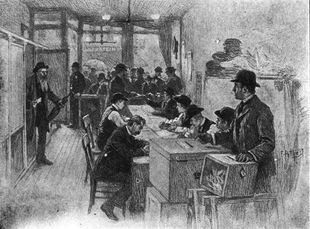 Front Page News Started by local printers Thomas Schley and William T. Delaplaine, The Frederick News appeared in October, 1883. Their first edition hit the streets on October 15th. Not having a month of producing a daily paper under their belts, Schley and Delaplaine eagerly prepared staff for their first election coverage on Tuesday, November 6th. The election included the Maryland gubernatorial race, State Senate and House of Delegates races, and various county races including county commissioner, orphans court judge, states attorney, sheriff and surveyor. It was this Election Day edition that carried a proclamation from town mayor Hiram Bartgis: To the Citizens of Frederick: To prevent a recurrence of the disorderly and riotous conduct which disturbed the peace and brought discredit upon the reputation of our city the day of the election last year, I earnestly appeal to all good and law-abiding citizens to unite with me in strenuous efforts to preserve order and quiet, and the observance of the law on Tuesday next before and during the hours the polls are open, and after their close. It is made my duty as Mayor of the city to enforce the ordinance for the preservation of peace and order. In the performance of that duty I invoke the cordial cooperation of my fellow citizens of both parties that a united public opinion may give strength to the arm of the law, as I am determined under all circumstances that the law must and shall be observed and obeyed. Hiram Bartgis Mayor Nov. 5 1883 Apparently, not everyone heeded the mayor's proclamation. The headline story to appear on The Frederick News’ front page (and above the fold) on the following day had nothing to do with a candidate race or contested seat. No sir, it was about an election day outburst that left a young man shot to death in a local social hall in downtown Frederick. The victim was 29 year-old Charles F. Topper, an ex-policeman said to generally be of a quiet and intelligent disposition. The assailant, Daniel Kennedy worked as a brick-maker and quarryman and described as “a well-known rough character.” The place was Groff Hall, where black voters of Frederick had been invited and were being served whiskey and other liquors, while being influenced for their votes later in the day. Charles F. Topper lived on East Patrick Street, within the hostelry owned by his father on the southwest corner of E. Patrick and Water streets. The victim’s late father, Anthony J. Topper (1827-1876), was originally from Liberty Township, near Fairfield in Adams County, Pennsylvania. He was well-known in town as the proprietor of the aptly-named Pennsylvania Hotel, commonly referred to by townspeople as the Topper Hotel. The lodging space was regularly frequented by train travelers coming into town on the Frederick & Pennsylvania Line Railroad which once graced Frederick’s East Street. Charles assisted with the hotel operation, taken over by his mother upon his father’s death. He worked as a carpenter and appears to have had a feisty streak. I don’t know why he left the police force, but at the time in question he was said to have been associating with some people of "questionable reputation." Meanwhile, Daniel Kennedy was a resident of the area near the Brengle Lime Kilns east of downtown, located along the western boundary of the Great Frederick Fairgrounds. Kiln owner Fairfax Schley built housing for his workers on the south side of E. Patrick Street (closer to the main, and south east gates of the fairgrounds). The cluster of rowhouses east of Franklin Street would take the name of Schleysville, and was originally inhabited by Schley's quarry workers. Daniel Kennedy married Mary A. McLaughlin around 1861, but had no children. On “Election Day Eve” of 1883, both gentleman found themselves in the raucous confines of W. Fourth Street’s Groff Hall, a social place of entertainment and amusement that catered to both black and white residents of town. Capt. Joseph Groff and wife Susan ran this operation, along with a popular hotel located by the ornamental fountain at the intersection of N. Market and 7th Street. Groff Hall would later boast a roller rink, operated 25 years later by John H. Frazier and named the Diamond Roller Rink. On this particular night, and into the early hours of the next day (November 6th), Groff Hall was the scene of intense electioneering by candidates, politicians and other community leaders.
On this early morning of November 6th, a fight started between black patrons of Groff Hall well after midnight. Luckily it was quelled before getting out of hand. However, this wouldn’t be the case with Charles Topper. The incident, it was reported, “seemed to fire Topper’s blood for a row.” He apparently used the opportunity to taunt and sling slurs at his old rival who appeared to be minding his own business, conversing with acquaintances. Topper went to where Kennedy was sitting and replied: “Dan I can whip you.” This was answered by Kennedy, but both combatants were calmed by black patrons. The Frederick News claimed that they even went as far to shake hands afterwards. Shortly after, Daniel Kennedy and a friend (James Rogers) walked downstairs with the intention of leaving the club. Charles Topper followed, and yelled down to Kennedy, “Dan, you Son-of-bitch, are you going to leave me?” Daniel Kennedy is said to have replied, “Charley go away, I don’t want to have any disturbance with you.” Kennedy and Rogers promptly left, and Topper returned to the main social room of the hall. This was around 2:00am. 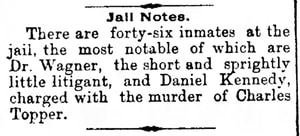 Frederick News (Dec. 10, 1883) Frederick News (Dec. 10, 1883) About ten minutes later, Daniel Kennedy and James Rogers returned from a jaunt down the street. They sat at the opposite side of the room from Topper, and began a conversation with Vincent Beander, a man of color. Meanwhile Charles Topper was having a conversation with Judge, and former Frederick mayor, Thomas M. Holbrunner. When Topper noticed Kennedy, he politely excused himself and made his way over to where Kennedy was sitting. Topper taunted his foe again, saying “Dan, you cannot whip me.” Kennedy replied that he could, and driven to despair, went one step further. He pulled a revolver from a pocket and fired a shot at his antagonist. Charles F. Topper dropped to the floor on his knees with his head and arm resting on a bench. Daniel Kennedy advanced toward Topper in this position and fired three more shots. He was heard to say, “That will fix him.” Kennedy calmly put his firearm back in his pocket and left Groff Hall. He immediately gave himself up to the first Frederick policeman he saw, one named Christian Lerch. Officer Lerch took Kennedy to the Mayor’s Office located above the Market House, current site of Brewer’s Alley Restaurant. After the story was recounted, Constable Christian T. Albaugh took charge of the prisoner and brought him to the Frederick jail and placed him within cell #7. The initial newspaper story reported that Daniel Kennedy was sober, and said that the killing was done in self-defense. The reports went on to say that on the previous night, Charles Topper told him to prepare himself for trouble. A later trial would show that both of these statements were not exactly true. Add to this the fact that Charles F. Topper was far from sober as well. Topper’s body was kept at Groff Hall until after the coroner’s inquest. Many of the dead young man’s friends had the unfortunate opportunity to view his bullet riddled corpse. Some stopped to “meditate” over the 33-year old man’s body, some shedding tears. The fallen citizen was buried the next day, with a funeral launched from his family home of East Patrick Street. It culminated with a burial service in Mount Olivet’s Area C/Lot 47. Topper was buried beside his grandmother, Mary A. Keller, a woman who lived to be 92. On hand at the graveside service were members of the Junior Fire Company, the Frederick Board of Alderman and the police department. Topper’s mother, aunt and first cousin would we interred in this lot over the next 22 years. The majority of his family (including his father) were laid to rest in Frederick’s St. John’s Catholic Cemetery. Daniel F. Kennedy would have his day in court four months later in mid-March of the the following year. The trial received great attention and articles appeared in The Frederick News, and also The Baltimore Sun. On March 18th, Judge Lynch of the Frederick Circuit Court convicted Daniel Kennedy of manslaughter and sentenced him to five years in the State Penitentiary. Kennedy would return to life in Frederick. He lived to experience the 25th anniversary of his slaying of Charles Topper, but died of stomach cancer just five days later. He would be laid to rest in the cemetery’s Area L/Lot 209, only about 10 yards from the grave of the Groffs who owned Groff Hall, the scene of the crime. 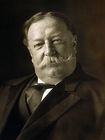 William H. Taft William H. Taft In case you are wondering who won the presidential election of 1908, this occurred one week prior to Daniel Kennedy's death on November 3rd. Kennedy, alleged to have been a Democrat, must not have been to pleased with the outcome of, what would end up being, his last election. The Republican candidate William Howard Taft received 321 out of 483 electoral votes to defeat challenger William Jennings Bryan to become our 27th president of the United States. Three years and four days after Daniel Kennedy's death, President Taft would come within 100 yards of Kennedy's grave site in Mount Olivet Cemetery. He was here in town on November 15, 1911 to give a speech on international trade at the Old Opera House (today's Brewer's Alley). The president made a visit to the grave/monument of Francis Scott Key. At the twilight's last gleaming, our largest president (to date) placed a decorative wreath at the foot of the FSK monument.
2 Comments
shane shanholtz
11/9/2017 10:29:42 pm
great story . thanks
Reply
Nancy Droneburg
11/10/2017 11:25:05 am
Keep these wonderful stories coming
Reply
Leave a Reply. |
STORIES
|
Archives
July 2024
June 2024
May 2024
April 2024
March 2024
February 2024
January 2024
December 2023
November 2023
September 2023
August 2023
July 2023
June 2023
May 2023
April 2023
March 2023
February 2023
January 2023
December 2022
November 2022
October 2022
September 2022
August 2022
July 2022
June 2022
May 2022
April 2022
March 2022
February 2022
January 2022
December 2021
November 2021
October 2021
September 2021
August 2021
July 2021
June 2021
May 2021
April 2021
March 2021
February 2021
January 2021
December 2020
November 2020
October 2020
September 2020
August 2020
July 2020
June 2020
May 2020
April 2020
March 2020
February 2020
January 2020
December 2019
November 2019
October 2019
September 2019
August 2019
July 2019
June 2019
May 2019
April 2019
March 2019
February 2019
January 2019
December 2018
November 2018
October 2018
September 2018
August 2018
July 2018
June 2018
May 2018
April 2018
March 2018
February 2018
January 2018
December 2017
November 2017
October 2017
September 2017
August 2017
July 2017
June 2017
May 2017
April 2017
March 2017
February 2017
January 2017
December 2016
November 2016

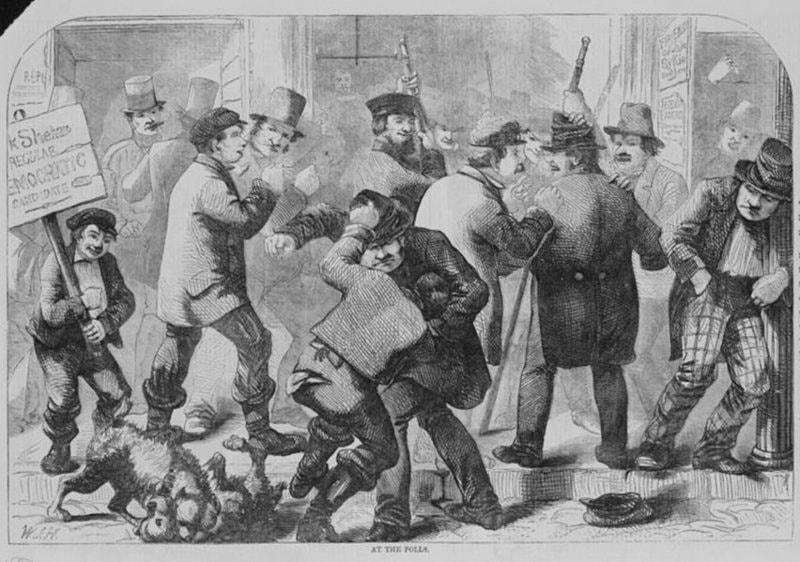
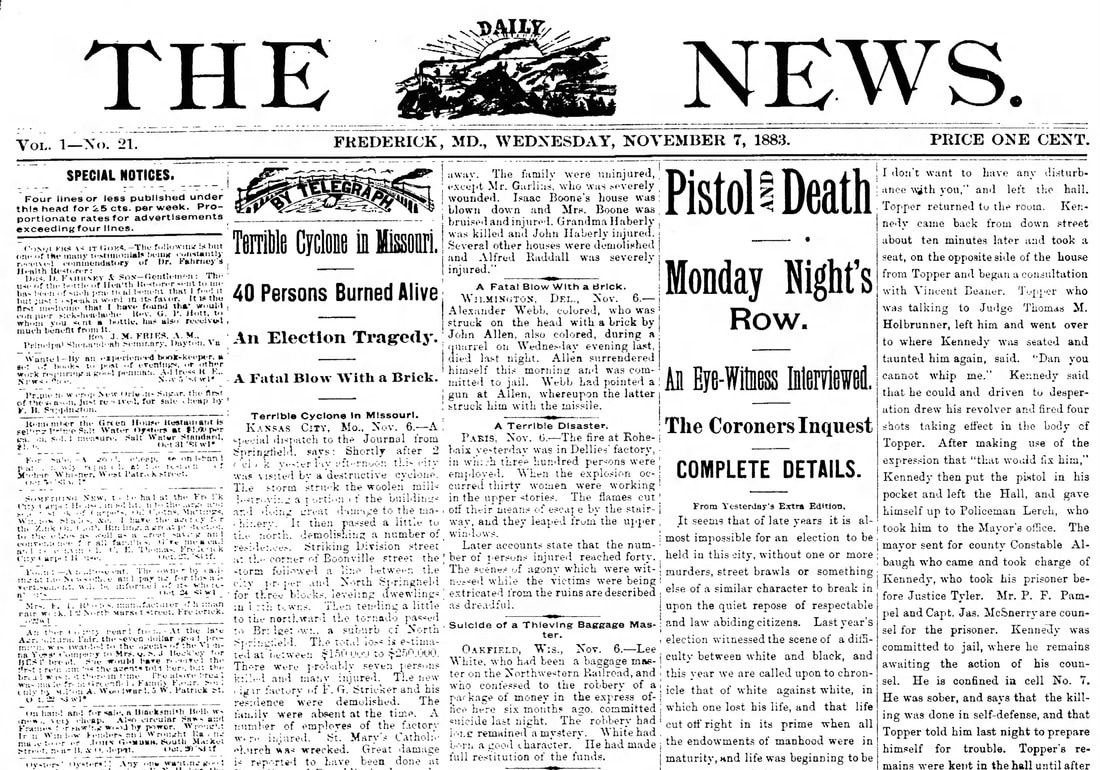

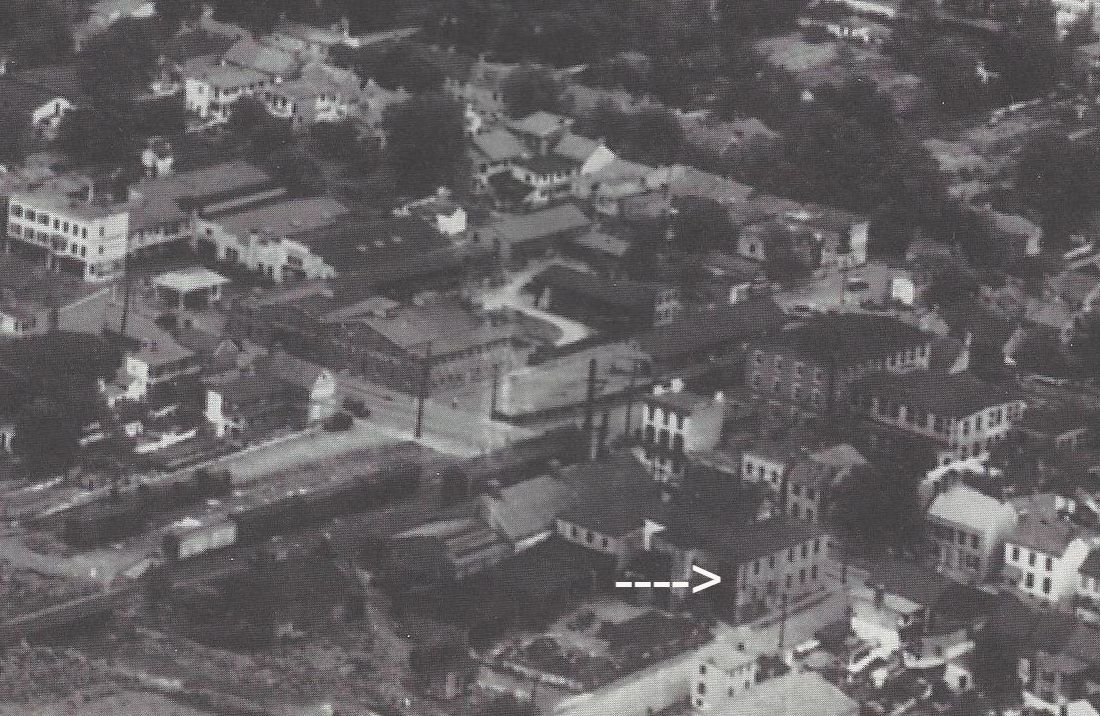
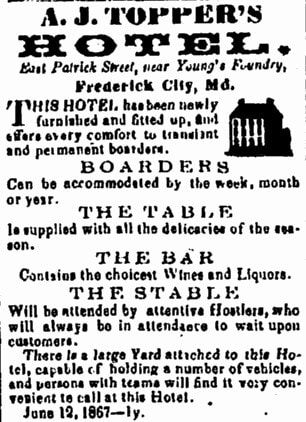

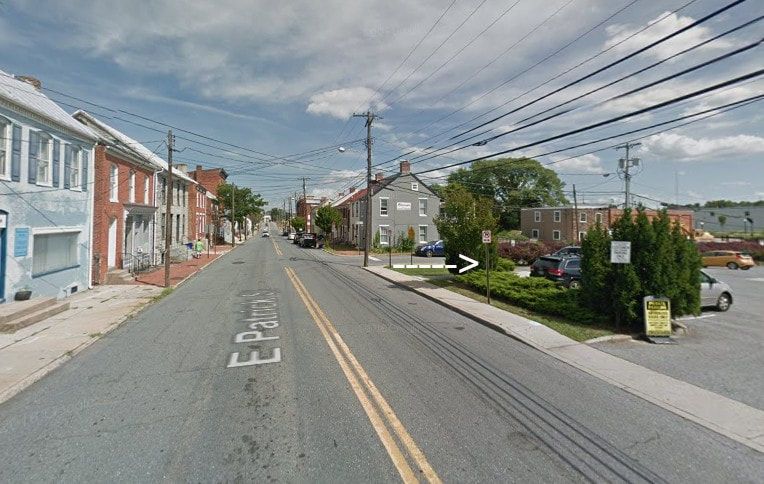
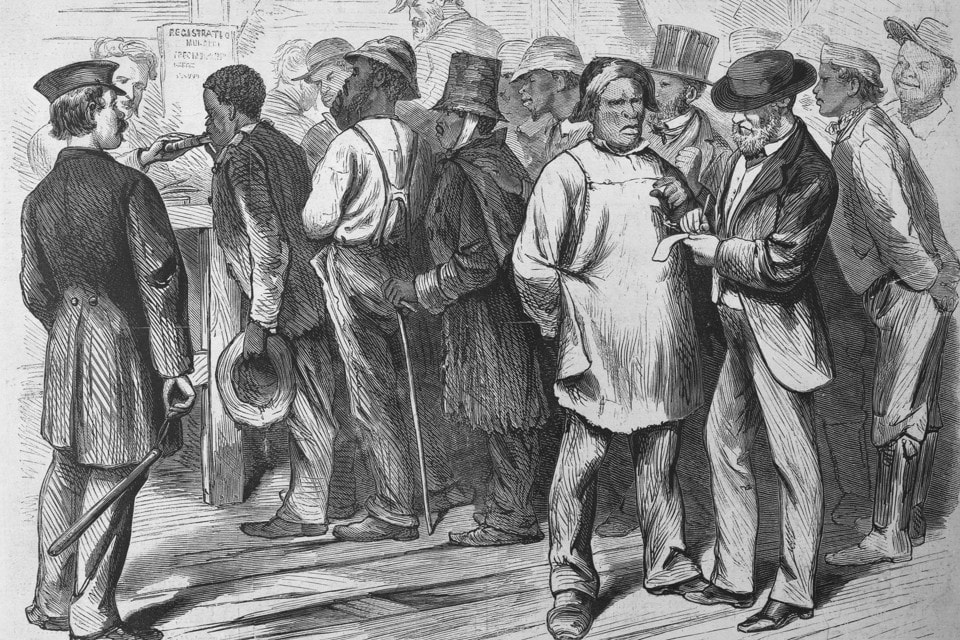
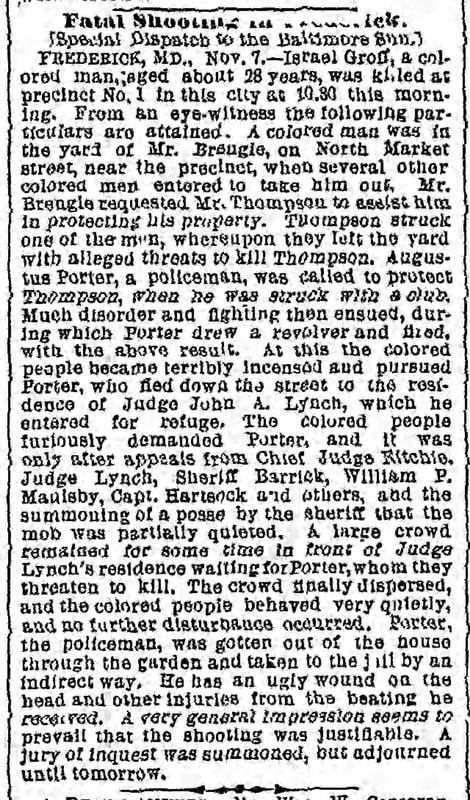
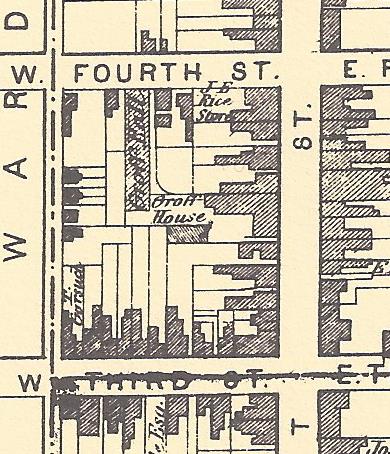
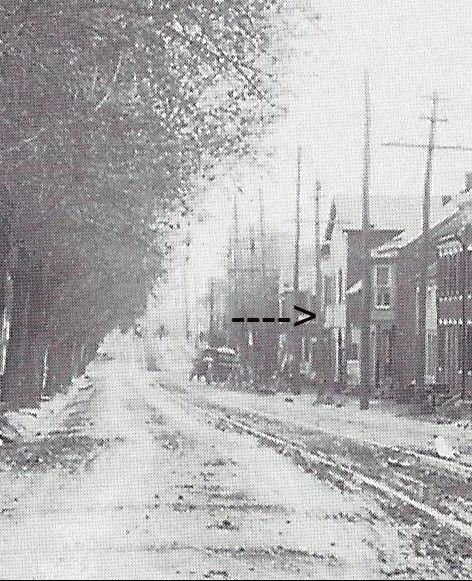
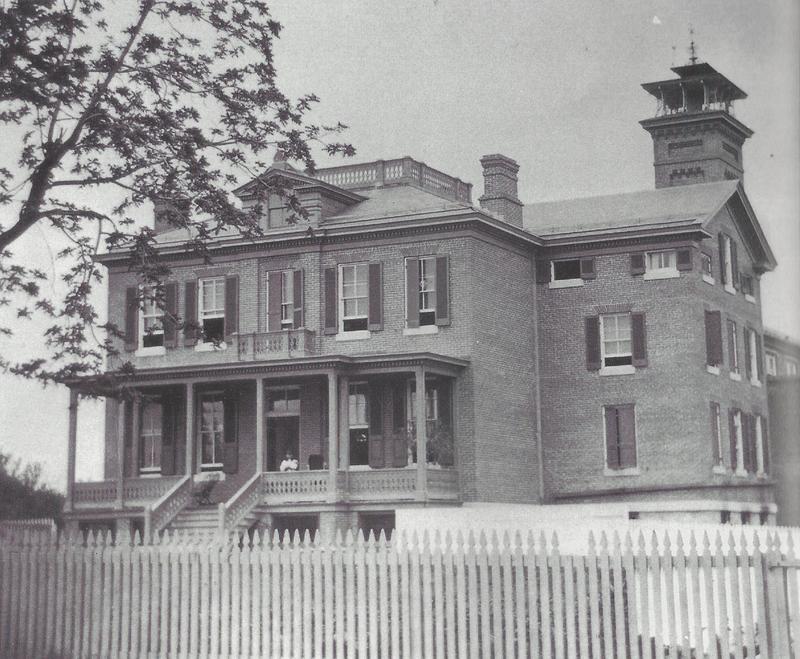
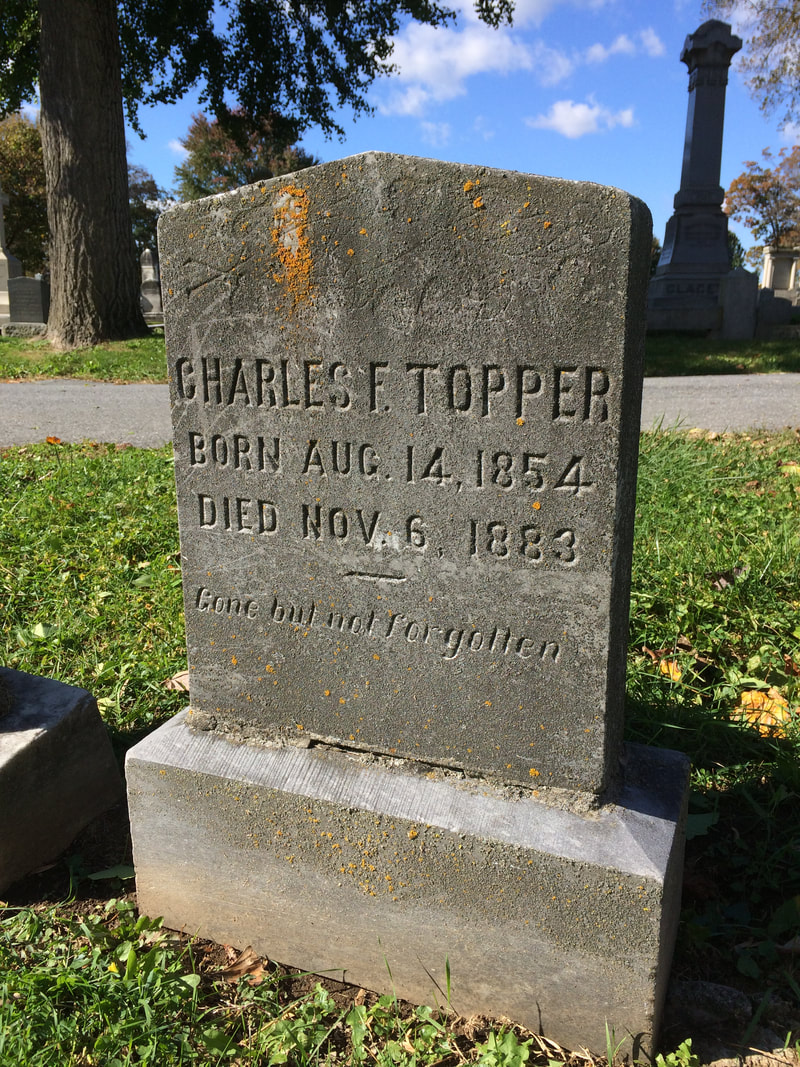
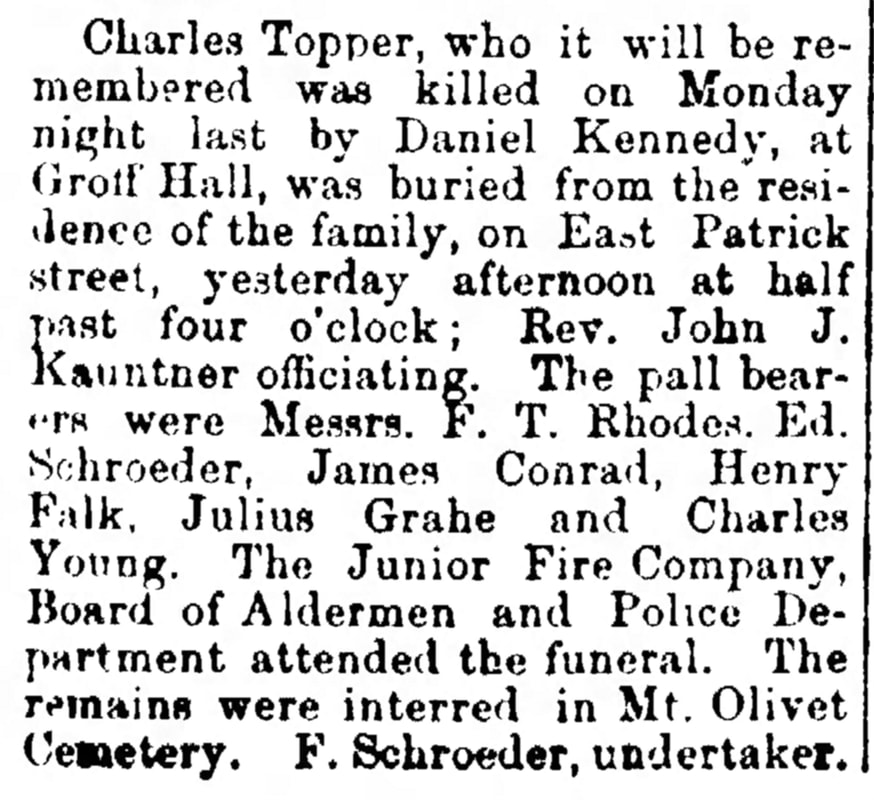
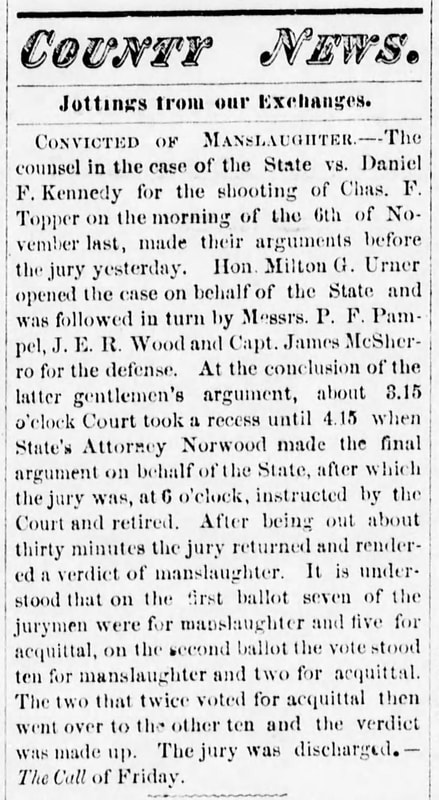
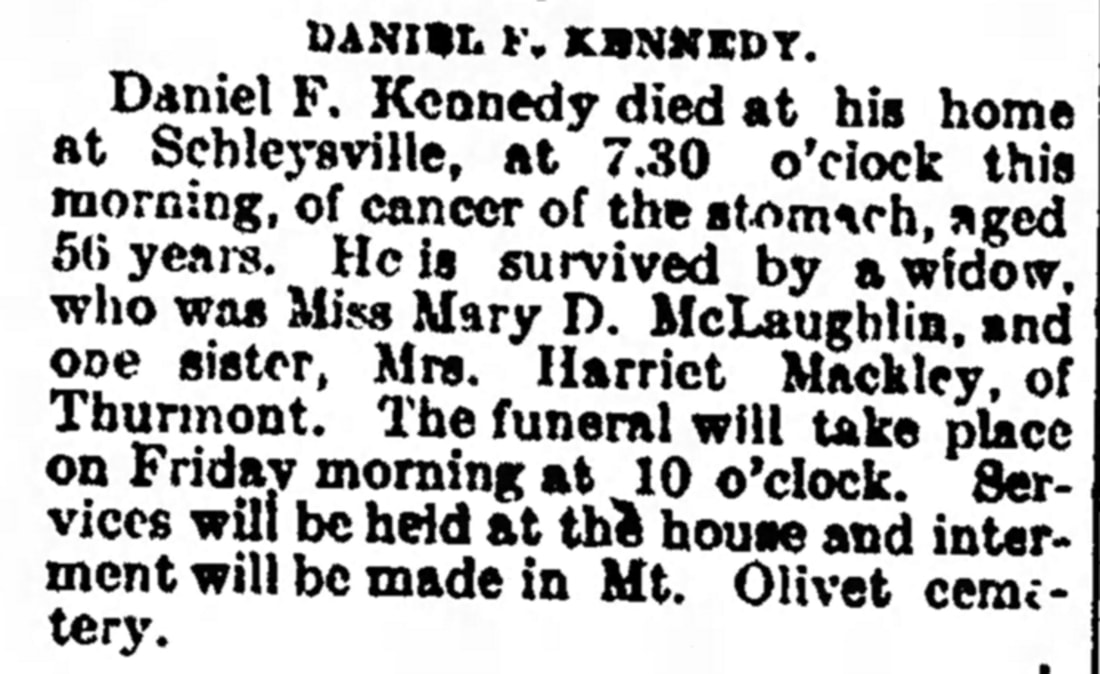
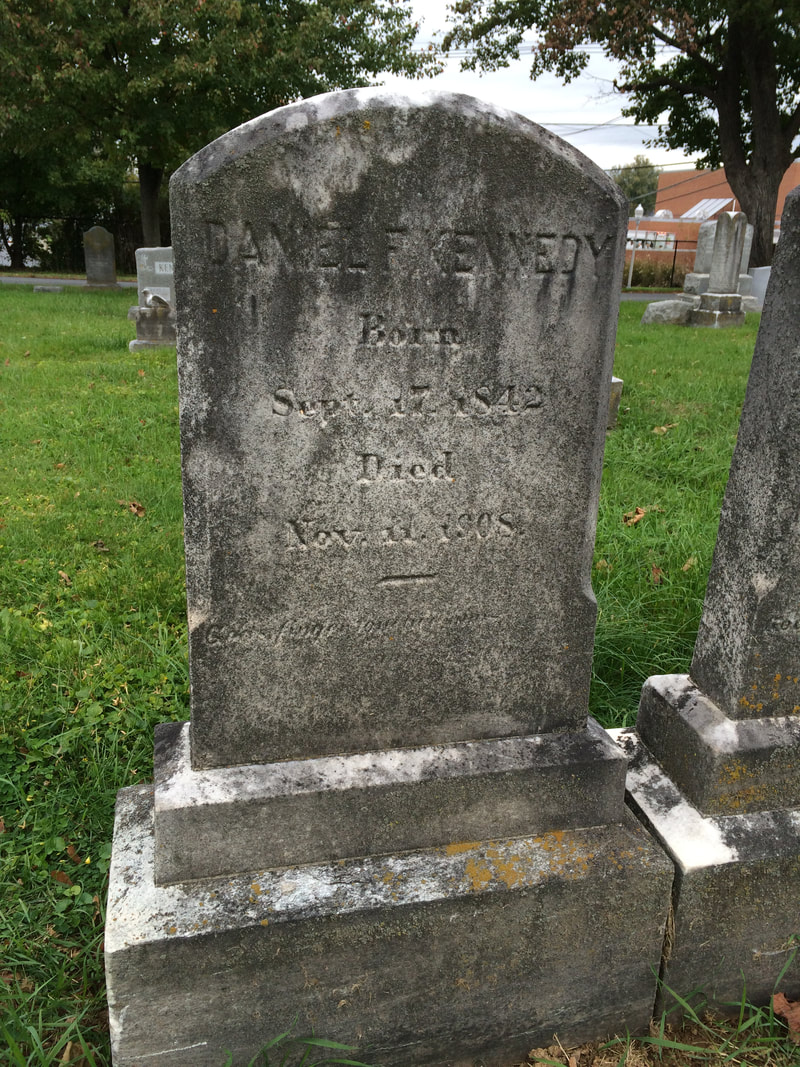
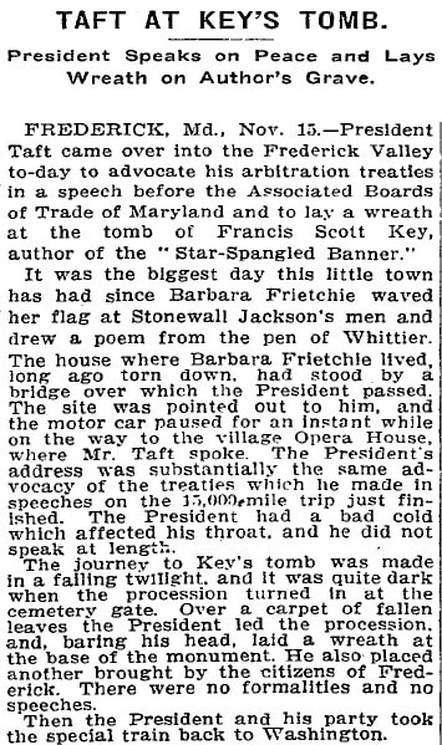
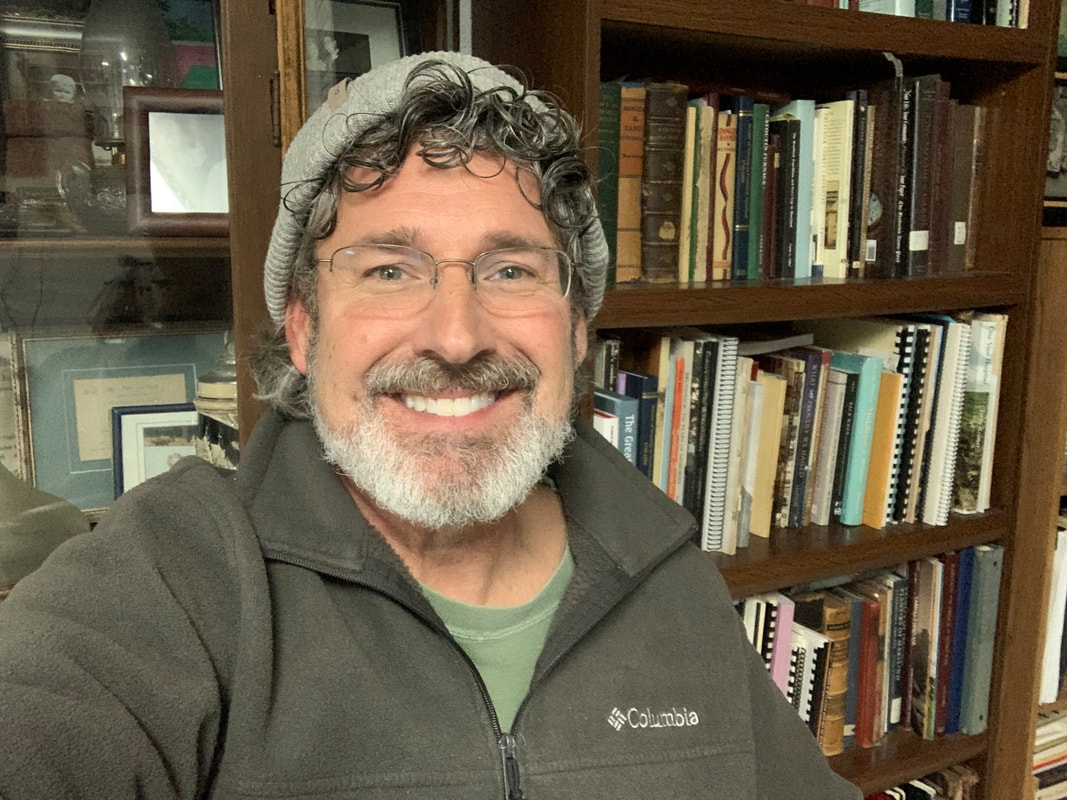
 RSS Feed
RSS Feed